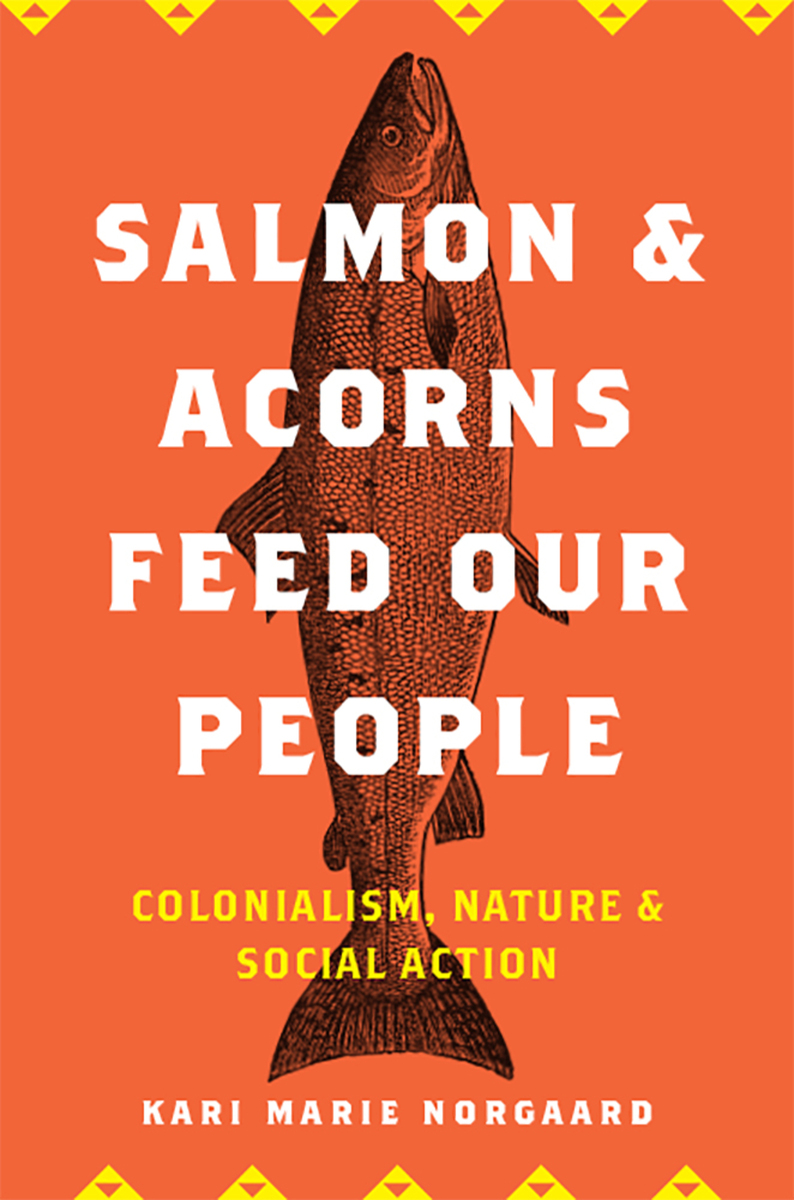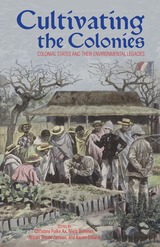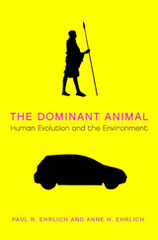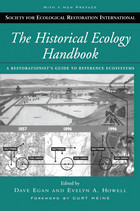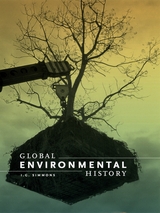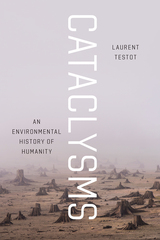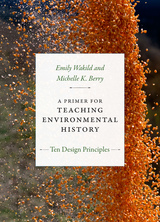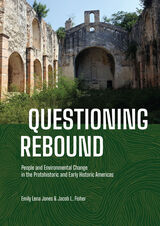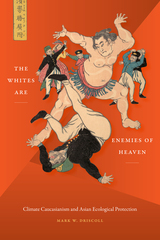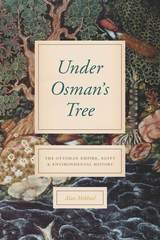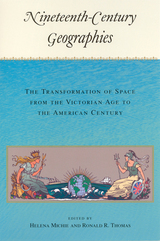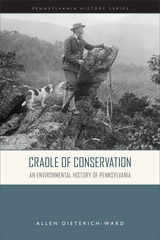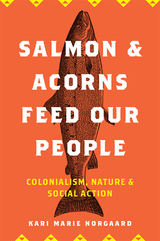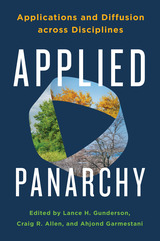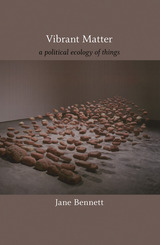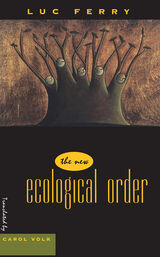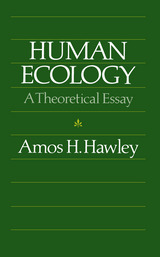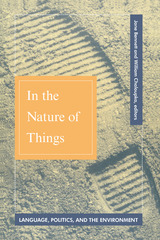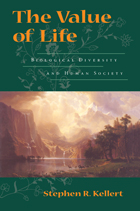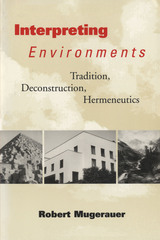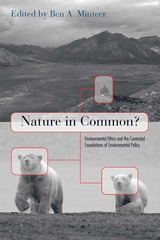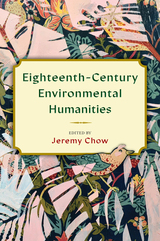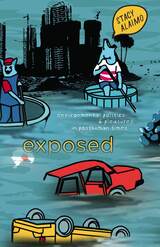Salmon and Acorns Feed Our People: Colonialism, Nature, and Social Action
Rutgers University Press, 2019
Cloth: 978-0-8135-8420-1 | Paper: 978-0-8135-8419-5 | eISBN: 978-0-8135-8421-8 (ePub NK) | eISBN: 978-1-9788-0801-0 (Kindle) | eISBN: 978-0-8135-8422-5 (PDF)
Library of Congress Classification GF13.3.U6N67 2019
Dewey Decimal Classification 304.209794
Cloth: 978-0-8135-8420-1 | Paper: 978-0-8135-8419-5 | eISBN: 978-0-8135-8421-8 (ePub NK) | eISBN: 978-1-9788-0801-0 (Kindle) | eISBN: 978-0-8135-8422-5 (PDF)
Library of Congress Classification GF13.3.U6N67 2019
Dewey Decimal Classification 304.209794
ABOUT THIS BOOK | AUTHOR BIOGRAPHY | REVIEWS | TOC
ABOUT THIS BOOK
Finalist for the 2020 C. Wright Mills Award from the Society for the Study of Social Problems
Since time before memory, large numbers of salmon have made their way up and down the Klamath River. Indigenous management enabled the ecological abundance that formed the basis of capitalist wealth across North America. These activities on the landscape continue today, although they are often the site of intense political struggle. Not only has the magnitude of Native American genocide been of remarkable little sociological focus, the fact that this genocide has been coupled with a reorganization of the natural world represents a substantial theoretical void. Whereas much attention has (rightfully) focused on the structuring of capitalism, racism and patriarchy, few sociologists have attended to the ongoing process of North American colonialism. Salmon and Acorns Feed Our People draws upon nearly two decades of examples and insight from Karuk experiences on the Klamath River to illustrate how the ecological dynamics of settler-colonialism are essential for theorizing gender, race and social power today.
Since time before memory, large numbers of salmon have made their way up and down the Klamath River. Indigenous management enabled the ecological abundance that formed the basis of capitalist wealth across North America. These activities on the landscape continue today, although they are often the site of intense political struggle. Not only has the magnitude of Native American genocide been of remarkable little sociological focus, the fact that this genocide has been coupled with a reorganization of the natural world represents a substantial theoretical void. Whereas much attention has (rightfully) focused on the structuring of capitalism, racism and patriarchy, few sociologists have attended to the ongoing process of North American colonialism. Salmon and Acorns Feed Our People draws upon nearly two decades of examples and insight from Karuk experiences on the Klamath River to illustrate how the ecological dynamics of settler-colonialism are essential for theorizing gender, race and social power today.
See other books on: Colonialism | Environmental degradation | Indigenous Studies | Power (Social sciences) | Rivers
See other titles from Rutgers University Press
